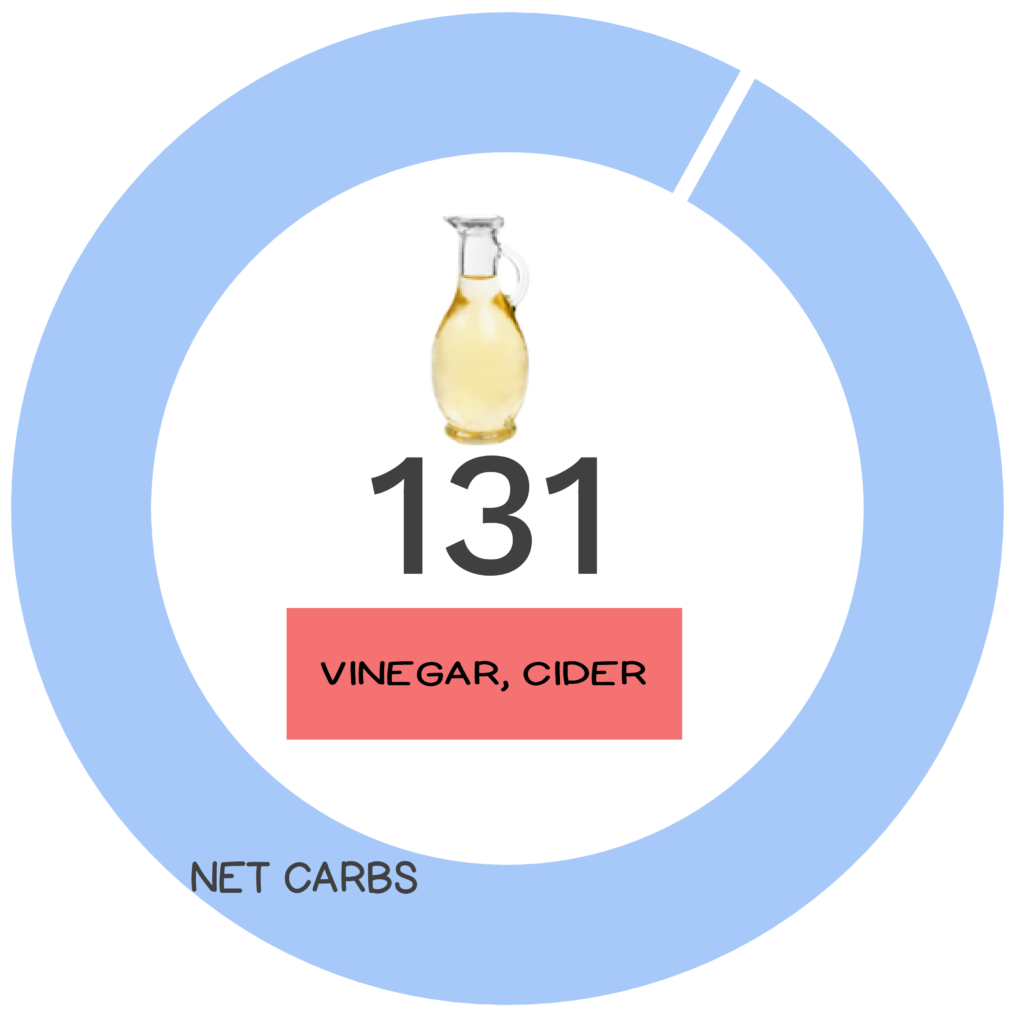
Apple cider vinegar is a multi-purpose staple found in many, if not most western kitchens. It is a popular home remedy, cleaning solution, preservative, beverage ingredient, and a delicious food!
The primary component in apple cider vinegar is acetic acid, which gives it its distinct sour flavor and very strong smell. It is also the component of apple cider vinegar that researcher’s surmise could be responsible for its purported health benefits.
Apple cider vinegar differs from some other vinegars in that it is a fermented product that often contains floating particles and substances that is known as a “mother”. This mother compound is comprised of proteins, bacteria and enzymes that can cloud the vinegar fluid, but provide the beneficial bacteria that can support the killing of pathogens and contribute to the disinfecting properties that have been associated with vinegar.
Apple cider vinegar contains acetic acid and beneficial bacteria and enzymes known as “mother”, both of these substances are thought to contribute to the health benefits and disinfecting properties of vinegar.
Vinegar can also be used as a food preservative as it inhibits bacteria like E. Coli from proliferating in food and spoiling it.
Though there are few studies, and in some cases slim evidence to strongly support the possible health benefits of apple cider vinegar, it is anecdotally said to support some health issues including blood sugar regulation and therefore diabetic management, weight loss, heart health and skin health. More research is needed to parse out the benefit of apple cider vinegar and its impact on health conditions. But if you are looking for a delicious tangy addition to your homemade mayonnaise, salad dressing, or to brighten up a tangy summer beverage, apple cider vinegar is a tried and tested ingredient with well-established flavor benefits!
Nutrivore Score for Apple Cider Vinegar – 131
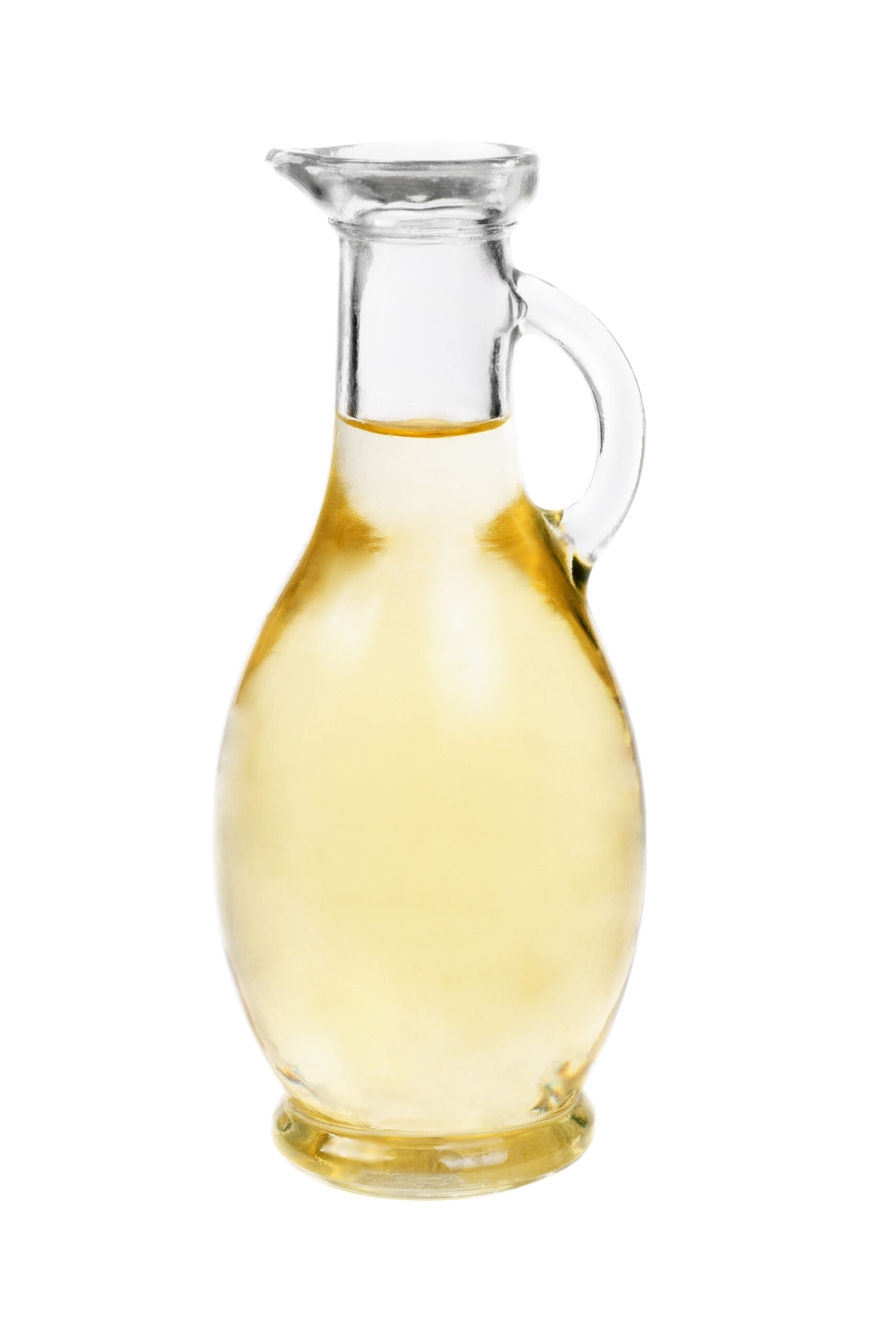
Apple cider vinegar has a Nutrivore Score of 131, making it a low nutrient-dense food. Plus, it is a low-carb and low-calorie-density food; the calorie count of apple cider vinegar is 48 calories per cup!
Ditch Diets. Embrace Nutrients. Start with this FREE Guide.
Sign up for the free Nutrivore Newsletter, your weekly, science-backed guide to improving health through nutrient-rich foods — without dieting harder —and get the Beginner’s Guide to Nutrivore delivered straight to your inbox!

Apple Cider Vinegar Nutrition Facts
One serving of apple cider vinegar is standardized to 1 tablespoon or about 15 grams (0.5 ounces).
Apple Cider Vinegar Nutrition Facts Per Serving
| Apple cider vinegar | Nutrivore Score: 131 | Nutrient Density: Low |
|---|---|---|
| Serving Size: 1 tbsp (15 grams) | Protein: 0.0 grams | Net Carbohydrates: 0.1 grams |
| Calories: 3 | Total Fat: 0.0 grams | Dietary Fiber: 0.0 grams |
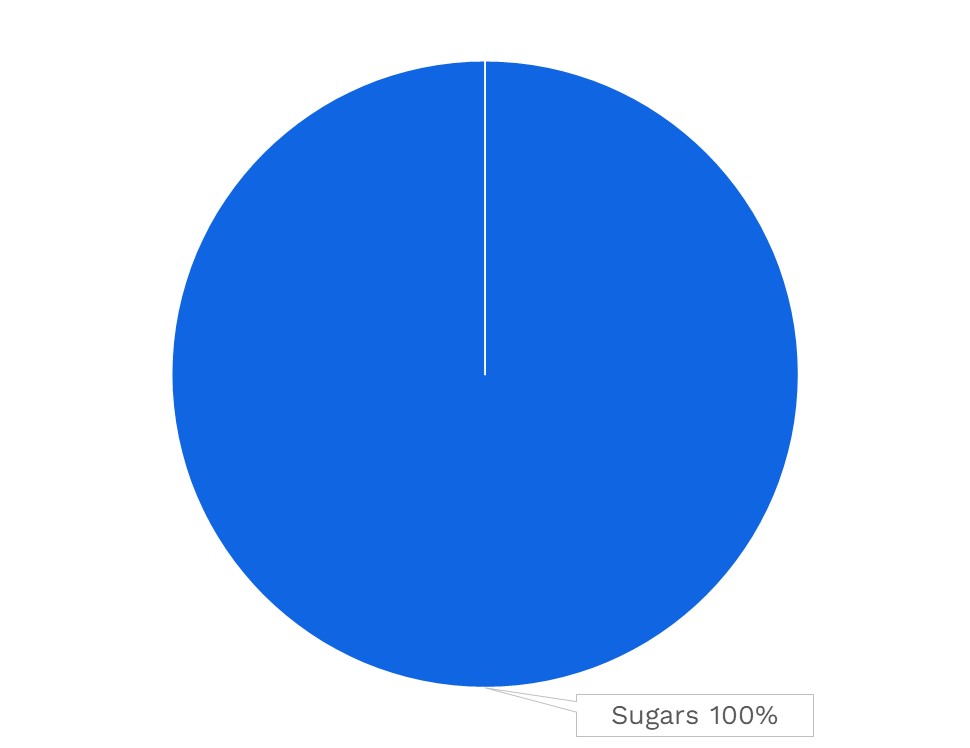


| VITAMINS | ||
|---|---|---|
| Vitamin A | 0.0 μg RAE | 0% DV |
| Vitamin B1 (Thiamin) | 0.0 μg | 0% DV |
| Vitamin B2 (Riboflavin) | 0.0 μg | 0% DV |
| Vitamin B3 (Niacin) | 0.0 mg | 0% DV |
| Vitamin B5 (Pantothenic Acid) | 0.0 mg | 0% DV |
| Vitamin B6 (Pyridoxine) | 0.0 μg | 0% DV |
| Vitamin B7 (Biotin) | 0.0 μg | 0% DV |
| Vitamin B9 (Folate) | 0.0 μg | 0% DV |
| Vitamin B12 (Cobalamin) | 0.0 μg | 0% DV |
| Vitamin C | 0.0 mg | 0% DV |
| Vitamin D (D2 + D3) | 0.0 μg | 0% DV |
| Vitamin E | 0.0 mg | 0% DV |
| Vitamin K | 0.0 μg | 0% DV |
| Choline | 0.0 mg | 0% DV |
| Myo-Inositol | ~ | ~ |
| CoQ10 | ~ | ~ |
| FUNCTIONAL FATS | ||
|---|---|---|
| MUFA | 0.0 g | 0% DV |
| ALA | 0.0 mg | 0% DV |
| EPA + DHA | 0.0 mg | 0% DV |
| CLA | ~ | ~ |
| Linoleic Acid | 0.0 g | 0% DV |
| MCT’s | 0.0 g | ~ |
| MINERALS | ||
|---|---|---|
| Calcium | 1.1 mg | 0% DV |
| Copper | 1.2 μg | 0% DV |
| Iodine | ~ | ~ |
| Iron | 0.0 mg | 0% DV |
| Magnesium | 0.8 mg | 0% DV |
| Manganese | 37.4 μg | 2% DV |
| Phosphorus | 1.2 mg | 0% DV |
| Potassium | 11.0 mg | 0% DV |
| Selenium | 0.0 μg | 0% DV |
| Sodium | 0.8 mg | 0% DV |
| Zinc | 0.0 mg | 0% DV |
| PHYTONUTRIENTS | ||
|---|---|---|
| Carotenoids | 0.0 μg | ~ |
| Polyphenols | 11.0 mg | ~ |
| Phytosterols | 0.0 mg | ~ |
| Glucosinolates | ~ | ~ |
| Thiosulfinates | ~ | ~ |
| Betalains | ~ | ~ |
| AMINO ACIDS & PEPTIDES | ||
|---|---|---|
| Taurine | ~ | ~ |
| Ergothioneine | ~ | ~ |
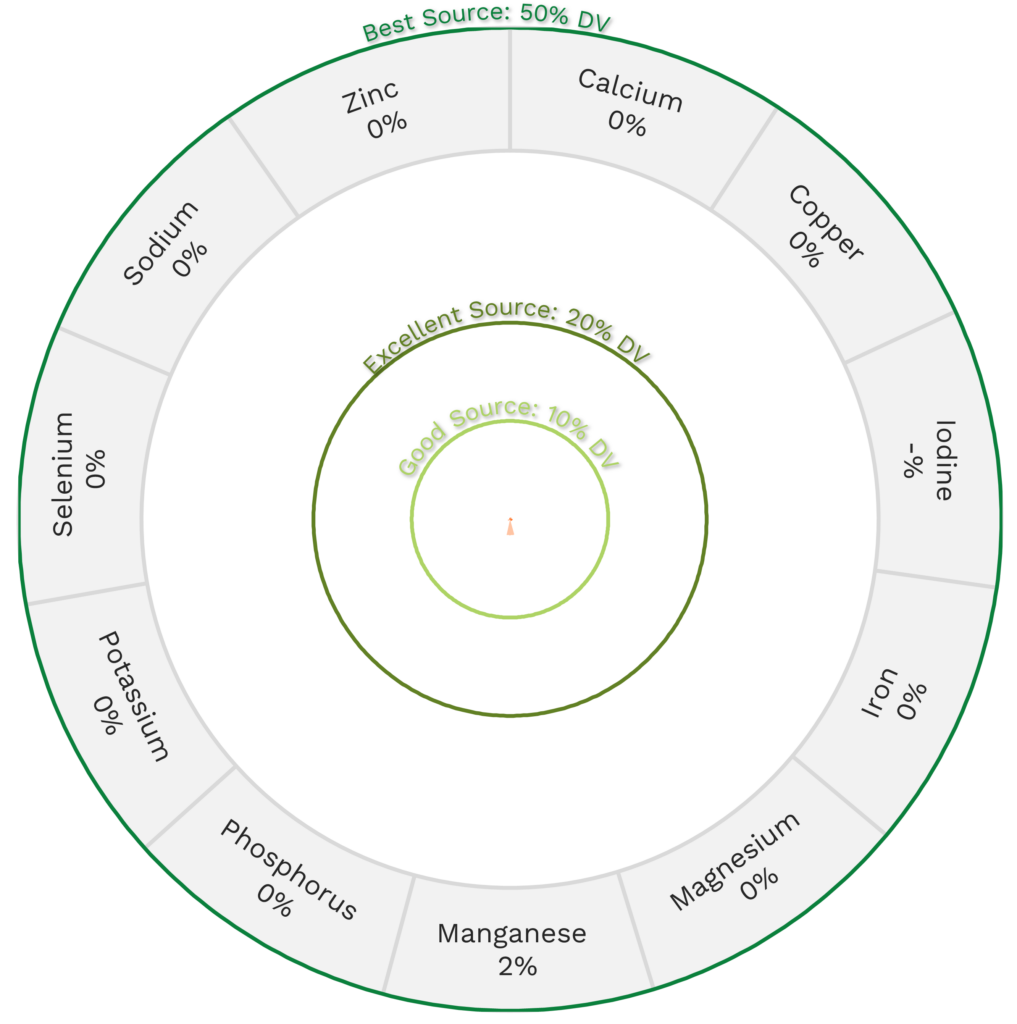
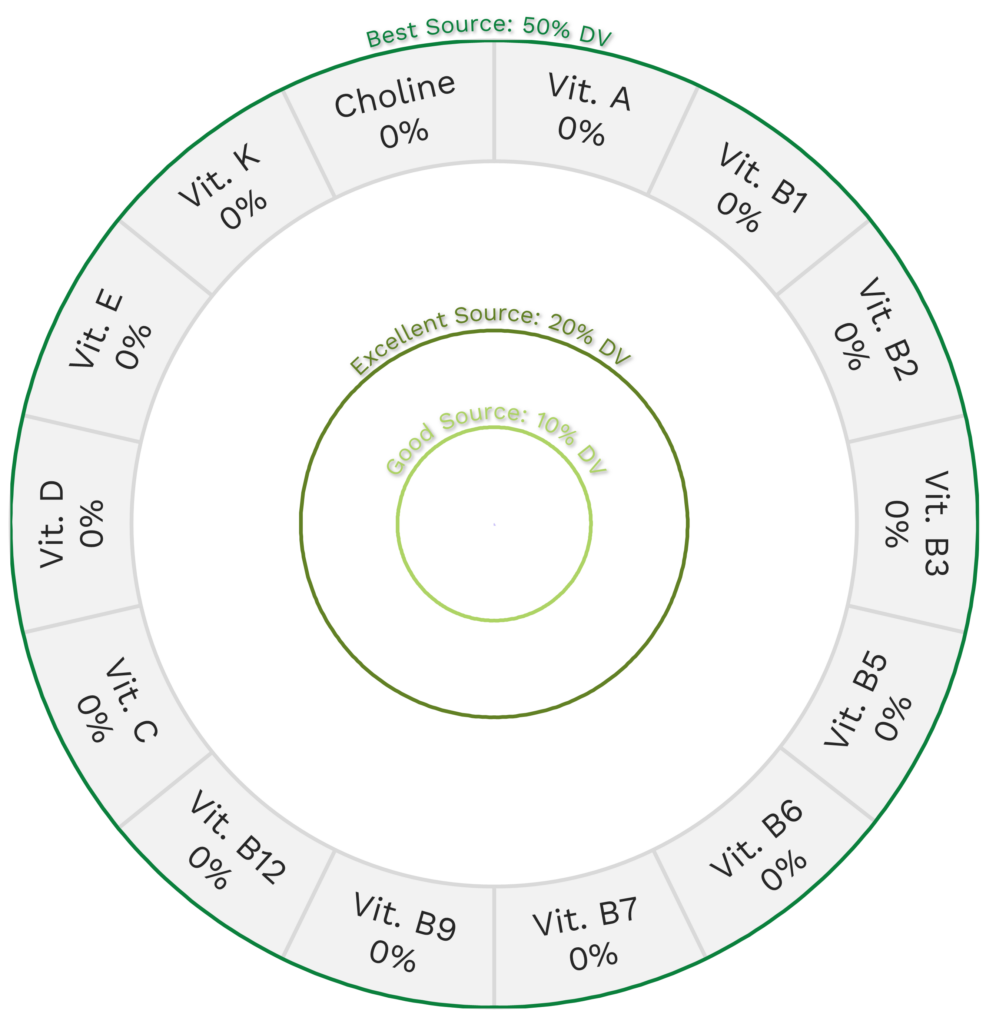
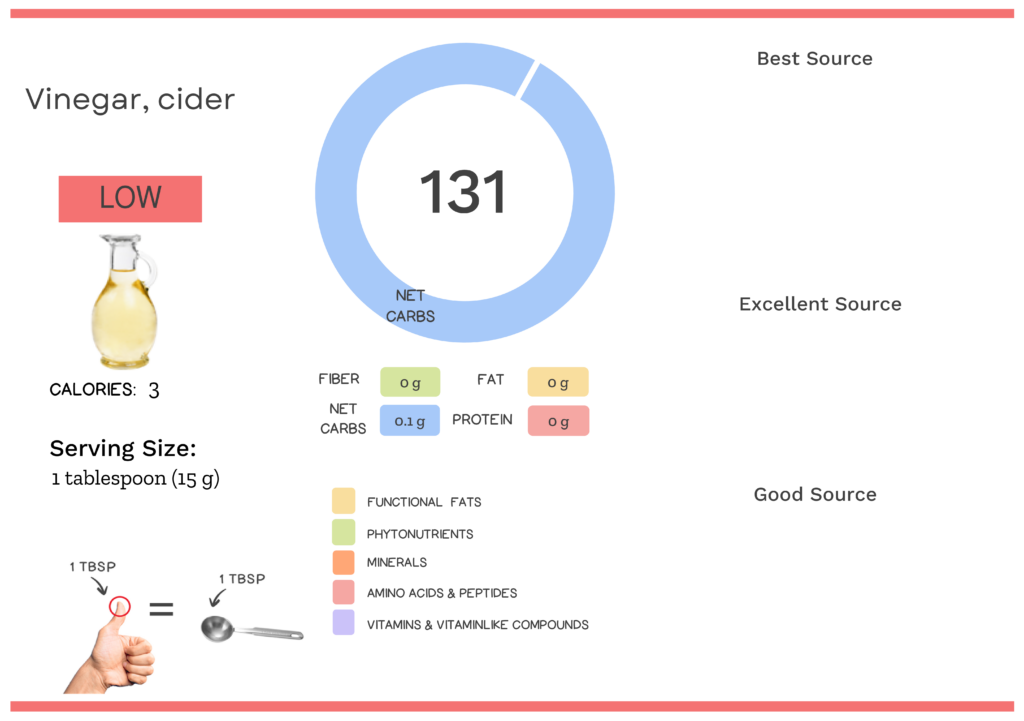
Vinegar Nutrition Varies With Variety
The Nutrivore Score of vinegar varies depending on variety.
| NUTRIVORE SCORE | |
|---|---|
| Apple cider vinegar | 131 |
| Balsamic vinegar | 721 |
| Red wine vinegar | 1171 |
| Vinegar, distilled | 33 |
Surprised by the nutrition in apple cider vinegar? Maybe your friends will be too!
The Best Support to Build This Important Daily Habit!

Nutrivore Salad-a-Day Challenge
The Nutrivore Salad-a-Day Challenge e-book explains all the ways a daily salad can improve your health, plus includes a collection of 10 handy visual guides and food lists, like the Nutrivore Salad Matrix.
Plus, you’ll find 50+ recipes, including over 30 of our favorite salad recipes plus recipes for delicious dressings and tasty toppers.
Buy now for instant digital access.
How Much Apple Cider Vinegar Should We Eat Per Day?
Just because we have refrigerators now doesn’t mean fermentation isn’t a valuable practice! Not only are these foods delicious, but fermented foods also offer amazing health benefits that can’t be obtained from other nutrient-dense foods!
When we consume fermented foods (raw, unpasteurized, and still teeming with friendly microbes), we get the benefits of these probiotics, the bioactive compounds created as a result of the fermentation (postbiotics), along with the additional micronutrients and helpful compounds found in whole foods. So, it’s no surprise that fermented foods have repeatedly turned up as protective in the scientific literature. On a long term basis, large studies have shown that eating fermented foods (especially fermented dairy) appears protective against weight gain, with yogurt also showing significant reduction in risk of cardiovascular disease, type 2 diabetes, and death from all causes. Kefir consumption also has shown benefit for increasing bone mineral density among patients with osteoporosis. Shorter term, fermented dairy appears to approve glucose metabolism and even reduce muscle soreness following resistance exercise. Kimchi and sauerkraut have demonstrated anti-diabetic and anti-obesity effects, and some evidence even links fermented foods with protection against arthritis, sclerosis, and inflammatory bowel disease. Fermented soy products may improve total and LDL cholesterol levels.
The list of fermented foods from cultures around the globe encompasses thousands of items, but some of the most common are sauerkraut, kimchi, miso, kombucha, kefir, natto, lactofermented pickles, injera, kvass, and yogurt—and that’s just scratching the surface! A great goal is one serving or more of fermented foods daily. A serving is defined based on the food group of the fermented ingredients, for example 1 cup for yogurt (as a dairy product) and 1/2 cup for sauerkraut (equivalent to 1 cup fresh cabbage).
Fermentation enhances the bioavailability of nutrients and can convert some micronutrients into new forms that weren’t there originally!
Fermented foods are teeming with probiotics, which can have a profound effect on the immune system, can decrease the populations of less favorable bacteria in your gut (helping improve gut dysbiosis), and may directly and indirectly impact a number of health conditions—ranging from autoimmune diseases to obesity to diabetes! Fermentation also enhances the bioavailability of nutrients and can convert some micronutrients into new forms that weren’t there originally.
Easily track your servings of Nutrivore Foundational Foods!
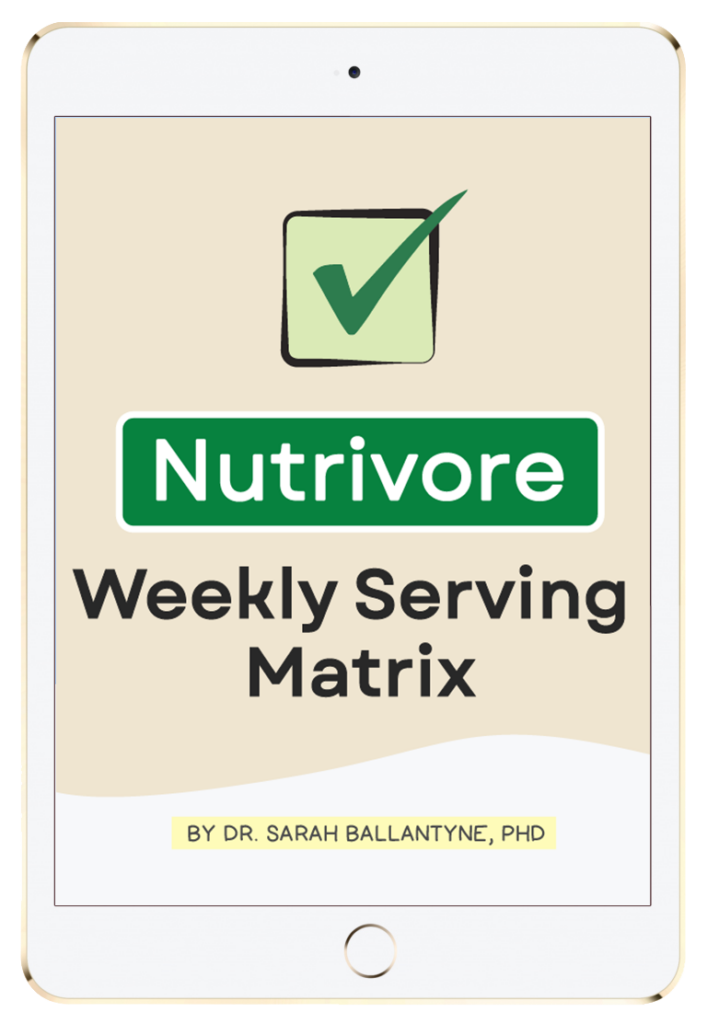
The Nutrivore Weekly Serving Matrix
The Nutrivore Weekly Serving Matrix digital resource is an easy-to-use and flexible weekly checklist designed to help you maximize nutrient-density and meet serving suggestions of Nutrivore foundational foods, all without having to weigh or measure your foods!
Includes a 22-page instructional guide and downloadable interactive guides.
Buy now for instant digital access.
cITATIONS
Expand to see all scientific references for this article.
Budak HN. Alteration of Antioxidant Activity and Total Phenolic Content during the Eight-Week Fermentation of Apple Cider Vinegar. Horticultural Studies. 2021. 38(1):39-45. http://doi.org/10.16882/HortiS.882469
Fineli Finnish Food Composition Database: Vinegar
USDA Food Central Database: Vinegar, cider
Watanabe T, Kioka M, Fukushima A, Morimoto M, Sawamura H. Biotin content table of select foods and biotin intake in Japanese. Int J Anal Bio-Sci. 2014. Vol 2(4):109-125.


